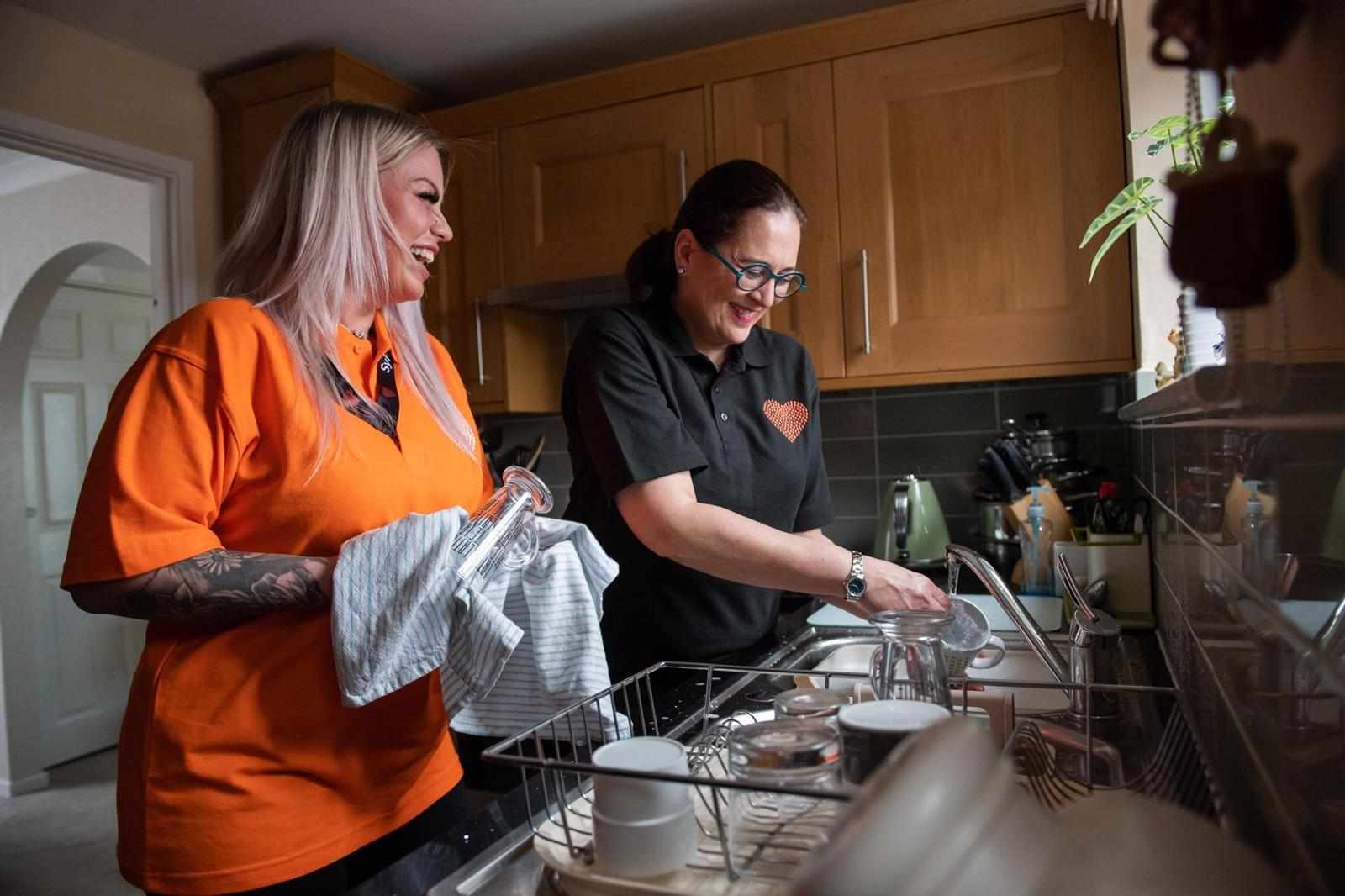In recent years, the demand for home care services has surged across the United Kingdom. With an aging population and a growing preference for personalized care solutions, the home care industry presents a promising opportunity for entrepreneurs. For those looking to enter this burgeoning sector, investing in a home care franchise can be a strategic move. This article explores the landscape of Home Care Franchise UK, offering insights into the industry, key considerations, and factors for success.

Understanding the Home Care Industry The home care industry encompasses a wide range of services designed to support individuals in their homes. From assistance with daily tasks to specialized medical care, home care services cater to diverse needs, including elderly care, disability support, and post-hospitalization care. With an emphasis on maintaining independence and quality of life, home care has become an integral part of the UK's healthcare ecosystem.
The Rise of Home Care Franchises Home care franchises have emerged as a popular business model within the industry. By partnering with an established franchise, entrepreneurs gain access to proven systems, training programs, and marketing support. Moreover, franchising offers a sense of community and collaboration, enabling franchisees to leverage the collective experience and expertise of the network.
Key Considerations for Prospective Franchisees Before diving into the world of home care franchising, prospective franchisees must conduct thorough research and due diligence. Considerations such as market demand, competition, and regulatory requirements play a crucial role in shaping the success of a franchise venture. Additionally, evaluating the reputation and track record of franchisors is essential to ensure alignment with your values and business goals.
Navigating Regulatory Compliance Operating a home care franchise in the UK requires adherence to strict regulatory standards. From Care Quality Commission (CQC) registration to compliance with health and safety guidelines, franchisors must provide comprehensive support and guidance to franchisees. Prioritize franchises that prioritize compliance and prioritize transparency in regulatory matters.
Building a Strong Brand Presence In a competitive marketplace, building a strong brand presence is essential for success. Franchisors should offer robust marketing support, including branding materials, digital marketing strategies, and lead generation initiatives. By leveraging the power of technology and social media, franchisees can effectively reach their target audience and position themselves as trusted providers of home care services.
Training and Development Programs Continuous training and development are critical components of a successful home care franchise. Franchisors should offer comprehensive training programs covering essential skills such as caregiving techniques, client communication, and business management. Additionally, ongoing support and mentorship opportunities can help franchisees navigate challenges and maximize their potential for growth.
Investment and Financial Considerations Launching a Elderly Home Care Franchise requires a significant financial investment, including franchise fees, initial setup costs, and operational expenses. Franchisees should carefully evaluate the financial implications and develop a realistic business plan to ensure long-term sustainability. Moreover, exploring financing options and seeking professional advice can help mitigate financial risks and optimize return on investment.




Write a comment ...